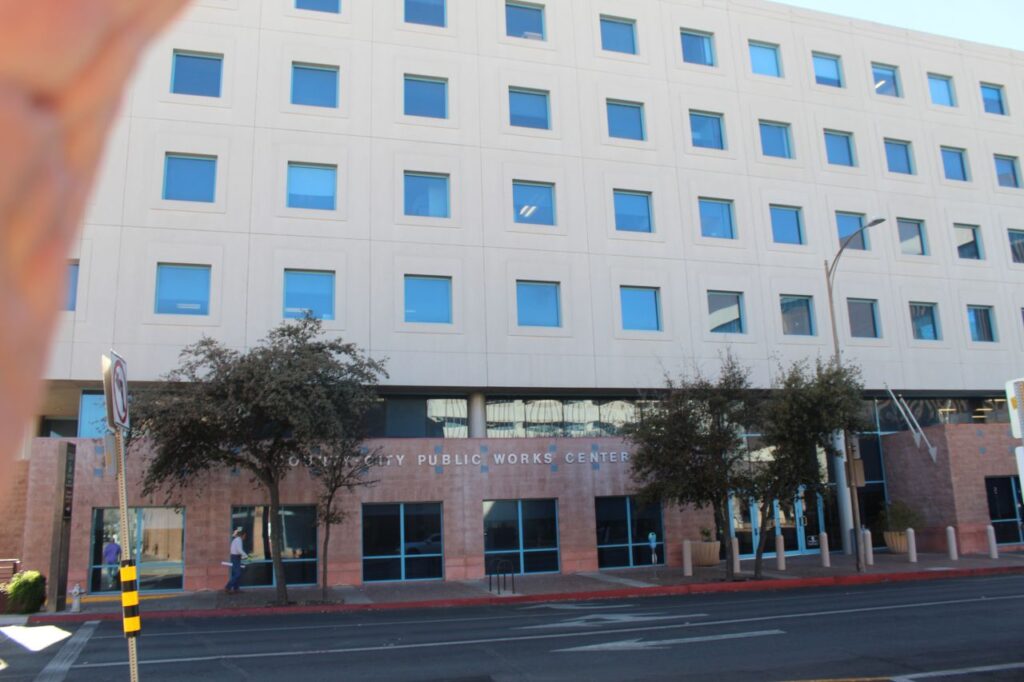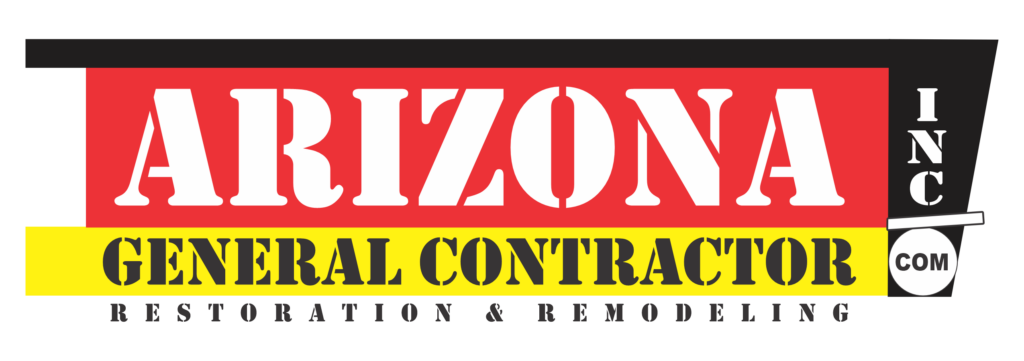Tucson Building Permit Process: A Complete Guide for 2024
Understanding Tucson's Building Permit Process
When planning a construction project in Tucson, securing the appropriate building permits is a vital step. Permits ensure compliance with local building codes, zoning regulations, and safety standards. Whether you're a homeowner, contractor, or developer, understanding the process can help avoid costly delays and legal complications.

Where to Apply for a Building Permit in Tucson
All building permit applications in Tucson are submitted to the Pima County Planning and Development Services (PDS), the department responsible for reviewing, approving, and enforcing building regulations.
The main office is located at:
📍 201 N. Stone Ave., Tucson, Arizona
PDS is responsible for ensuring that all construction projects meet local zoning laws, safety codes, and environmental requirements. Their role includes assessing lot coverage, soil conditions, and adherence to building standards before approving a permit.
Submitting Construction Plans for Approval
Before beginning construction, builders must submit detailed construction plans for approval. The Pima County Planning and Development Services ensures that:
- Structural designs meet local and national safety codes.
- The project aligns with zoning laws and permitted land use.
- Lot coverage does not exceed zoning restrictions.
- Special considerations for soil conditions and floodplains are addressed.
How to Submit Plans Online
Pima County offers an online **Building Permits Drawings Portal**, making the permit application process more efficient. Builders and developers can:
- Upload construction drawings and supporting documents.
- Monitor the application’s progress in real time.
- Receive feedback from county reviewers and address any required changes.
- Resubmit corrected plans for final approval.
Using the online portal reduces processing time and allows for quicker communication with reviewers, helping to streamline the approval process.
Key Considerations for Building Permits in Tucson
Lot Coverage Regulations
Lot coverage refers to the percentage of a property occupied by structures, including buildings, patios, driveways, and other impervious surfaces. Tucson’s zoning laws regulate lot coverage to ensure proper land use and prevent overbuilding. The coverage limits depend on the zoning district:
| Zoning District | Lot Coverage Limit |
|---|---|
| R-1 (Single-family residential) | 35% coverage |
| R-2 & R-3 (Multi-family residential) | Higher limits based on setbacks |
| Commercial & Industrial | Varies based on land use intensity |
Before applying for a permit, developers should calculate lot coverage accurately to avoid zoning violations, which can delay project approval.
Dealing with Problem Soils
Certain areas in Tucson contain **expansive clay soils and collapsible sandy soils**, which can pose structural challenges. These soils expand when wet and shrink when dry, potentially causing foundation instability. The **Pima County Planning and Development Services** may require:
- A geotechnical soil report to assess ground conditions.
- Specialized foundation designs such as pier-and-beam or post-tensioned slabs.
- Soil stabilization techniques, such as chemical treatments or compacted fill materials.
By addressing soil issues during the permit approval stage, developers can prevent costly foundation failures later.
Types of Permits Issued by Pima County
Residential Building Permits
For single-family homes and multi-family residential buildings, permits cover:
- Roofing and structural modifications.
- Garage construction and home additions.
- Decks, patios, and exterior improvements.
- Retaining walls and fencing installations.
Commercial Building Permits
For commercial and industrial projects, permits are required for:
- New office buildings, retail centers, and industrial facilities.
- Large-scale concrete foundations and load-bearing structures.
- Infrastructure and utility developments.
- Exterior signage and parking lot improvements.
Special Permits & Variances
Some projects may require additional permits or variances, such as:
- **Grading permits** for excavation or leveling the land.
- **Variance approvals** for projects exceeding zoning limitations.
- **Floodplain permits** for construction in flood-prone areas.
- **Demolition permits** for the removal of existing structures.
Inspection Process & Final Approval
Once construction begins, **Pima County Inspectors** conduct multiple site visits to ensure compliance with approved plans.
Required Inspections
- Foundation & Footing Inspection: Checks soil conditions and concrete stability.
- Framing Inspection: Ensures structural integrity before interior finishes are installed.
- Electrical & Plumbing Inspections: Verifies compliance with safety and building codes.
- Final Inspection: Grants approval for occupancy and project completion.
Conclusion
Understanding the building permit process in Tucson is essential for a successful construction project. By working with **Pima County Planning and Development Services**, securing the right permits, and addressing zoning and soil considerations, builders can avoid delays and ensure code compliance.
For permit assistance, visit:
📍 201 N. Stone Ave., Tucson, Arizona
🖥️ Access the Building Permits Drawings Portal to begin your application.
